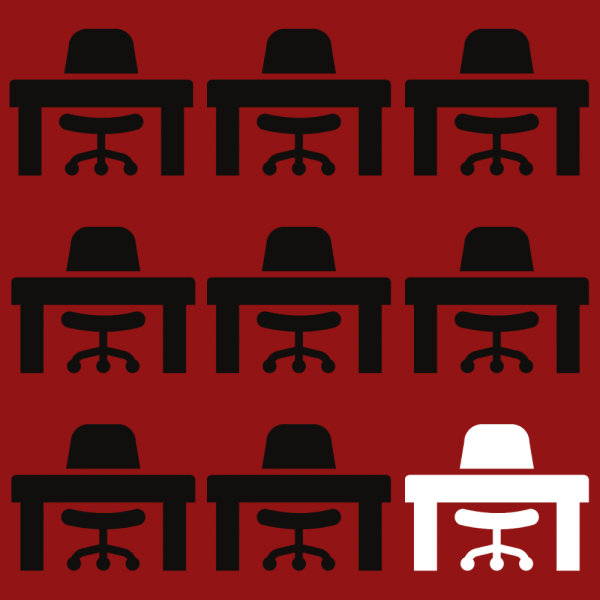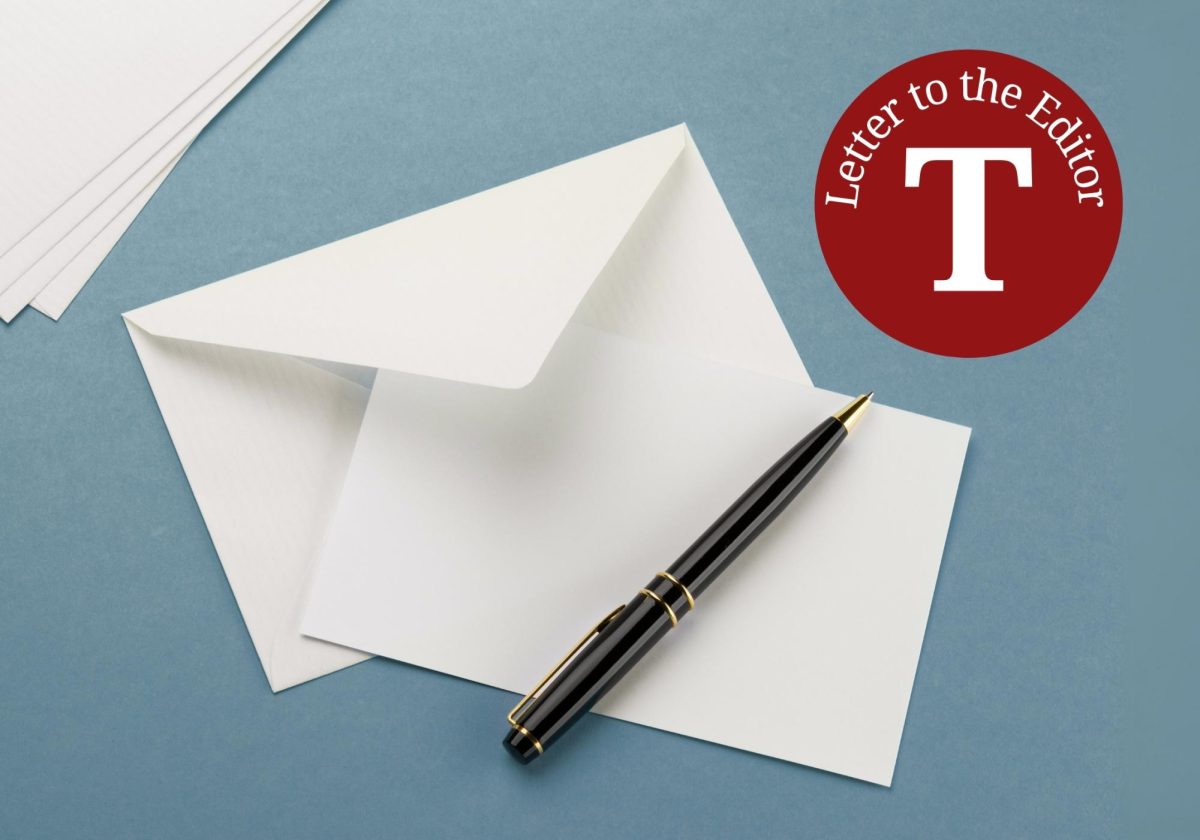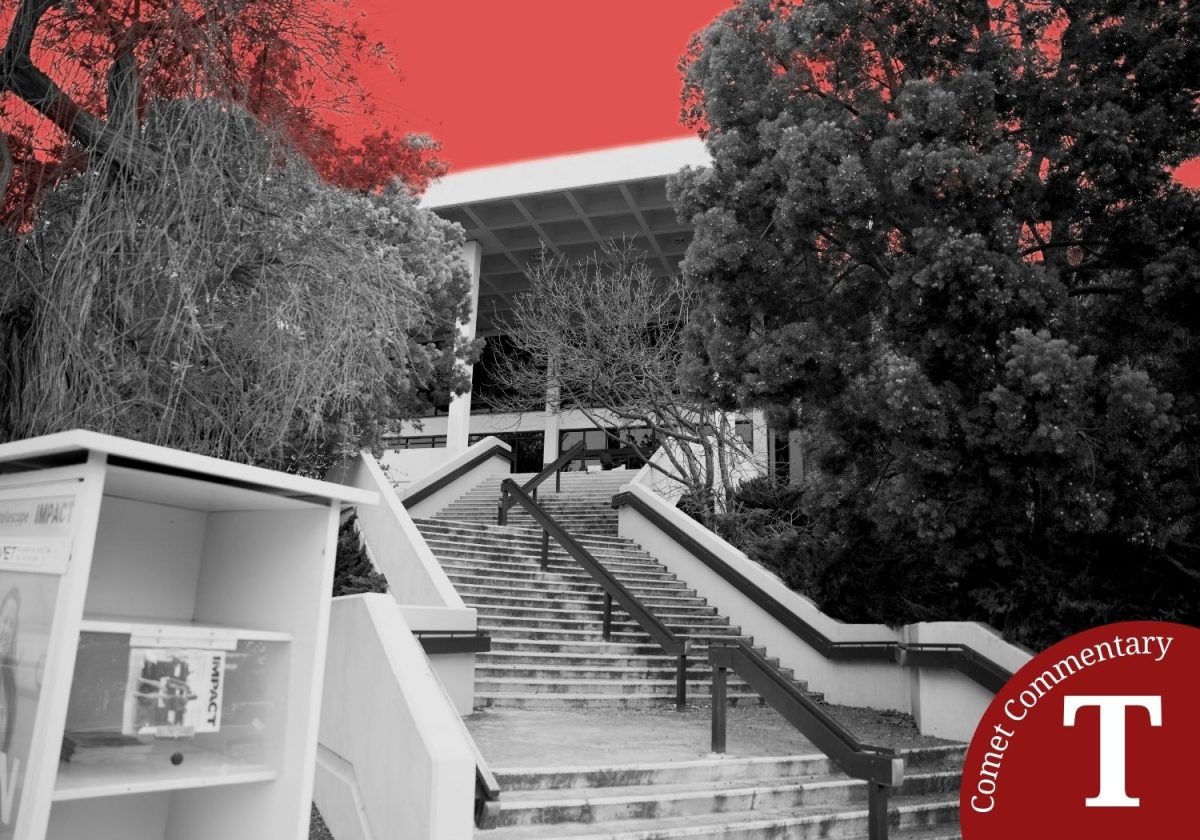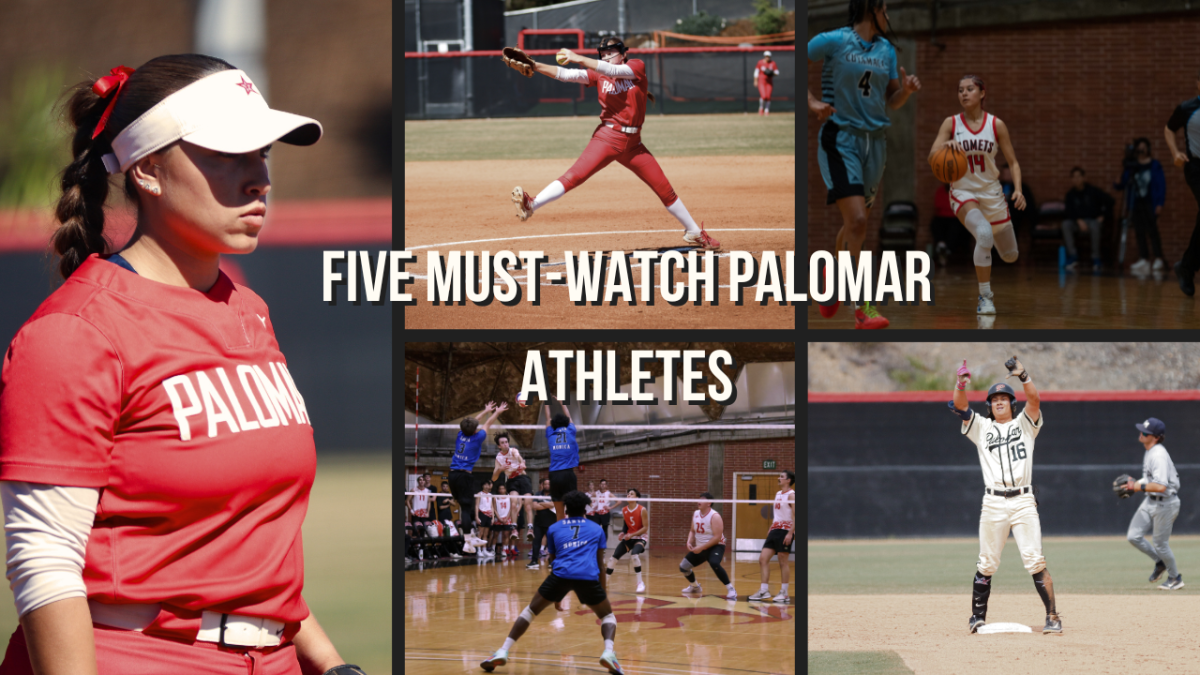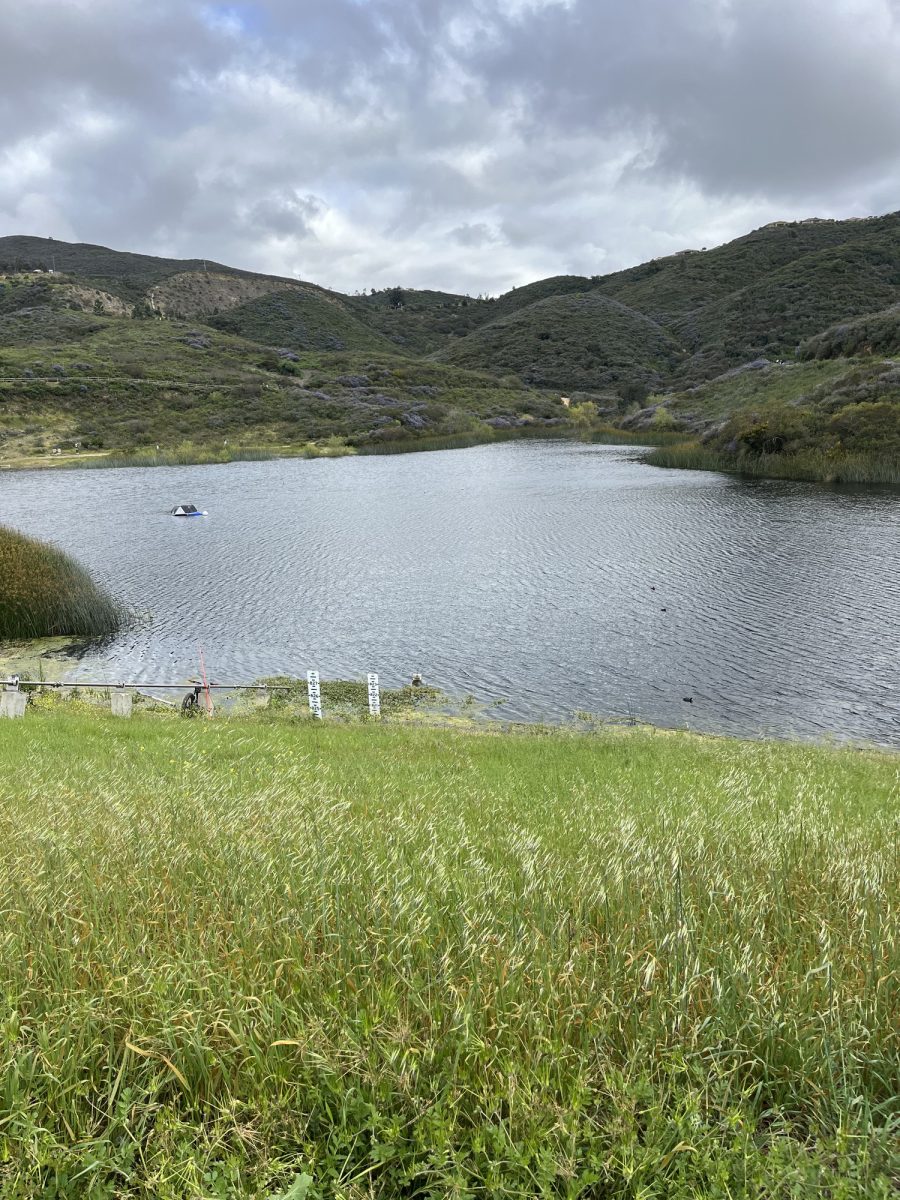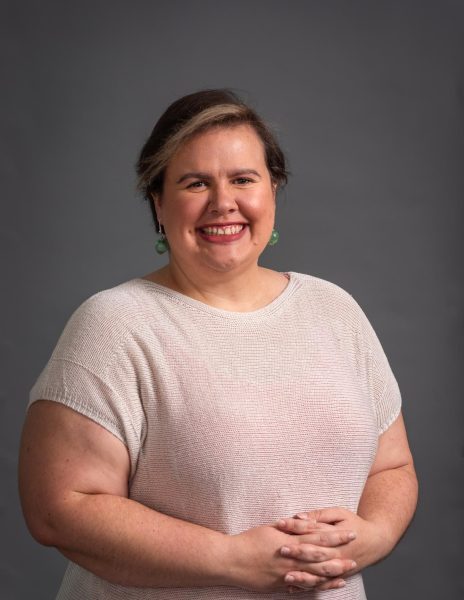Palomar College is committed to providing services that support students beyond the classroom in a way that I find consistently impressive. However, in order for students to benefit from the services offered, adequate staffing is paramount.
Many students may have noticed the change to the exterior of the Amazon-esqe locker that sits prominently outside the elevator on the second floor of the parking structure. The reskin touts “all you need is a student ID” to request food from the Food and Nutrition Center for pick up at the lockers on the San Marcos campus or any of the satellite campuses.
While it seemed simple enough, misinformation about the new food lockers was swirling around campus. I heard more forms were needed, students must be already receiving aid from the food center, and even that the lockers weren’t working at all. Aside from the lockers’ new appearance and a Palomar News article praising the new service for students, detailed information about the process was lacking.
Intrigued by what seems like an effective new resource for providing food to more students struggling with food insecurity, I was curious to get the facts. What I found is, while trying to serve more students with new services such as the lockers, there is an underlying problem that Palomar must recognize and correct.
In my quest for the truth about the food lockers, I talked with Pippa Pierce, Supervisor of the Office of Student Life and Leadership. Pierce put my questions to rest. Students do not need to fill out forms for occasional requests but if more aid is needed they will be asked to submit additional forms to account for where the food is going.
She noted that the service is aimed toward getting aid to those who are unable to come to the main campus food bank and students who are only on campus after the food bank has closed. Pierce was forthcoming in admitting that there were still issues with the lockers on the technical side. She emphasized that she wanted the use of the food lockers to be equitable before fully rolling out the service but that in the meantime the lockers are working for most students.
My time with Pierce revealed a deeper truth: she is solely responsible for fielding all the requests for food in the new food lockers in addition to her other duties.
The Telescope has previously reported on the lack of staffing for student services in general, which causes services to be slow and frustrating for students. The Office of Student Life and Leadership falls into that category yet the food lockers have been added as another responsibility for them to shoulder. By “them” I refer to the solid shoulders of Pippa Pierce on which the critical responsibility of combating student food insecurity rests squarely upon.
Run by Pierce and Student Activities Coordinator Brooke Beckett, the Office of Student Life and Leadership is responsible for a myriad of services. In addition to processing access to food lockers, it also handles processing Student Activity Cards, employment opportunities for students, off-campus housing, the Food and Nutrition Center, basic needs, student clubs, ASG, and Commencement.
In addition, Palomar extends the responsibilities of Student Life and Leadership beyond its main San Marcos campus, including its satellite campuses in Fallbrook, Escondido, and Rancho Bernardo.
While the duo in the office is adept at handling the many responsibilities, they need more support. The Hub which is meant to provide a safe space for students with basic needs issues in SU-22, also falls under the office, but as the website notes is closed due to staffing issues. It’s no secret that the positions of Director and Administrative Specialist in the office have remained vacant for an extended period of time and currently there are no job listings indicating that Palomar is looking to fill them.
Do Pierce and Beckett put up a Herculean effort to make sure all aspects of student life and leadership are covered with minimal fallout? Yes. Should they have to? Absolutely not.
Not only should we not expect two people to cover so many areas with perfect precision, it’s not sustainable. Burn out is a more common occurrence these days with companies trying to cut costs by running a skeleton crew of dedicated but overworked employees.
Understaffing is not new in academia. Since the pandemic we have seen many colleges struggle to balance lower revenue with adequate staffing in a range of areas. Student affairs is unfortunately one such area and staff is struggling. In a survey of student affairs professionals by the National Association of Student Personnel Administrators(NASPA), it was found that of the over 1000 surveyed 81% said they felt undervalued by their institution.
Additionally, 84% believed that the level of stress and crisis management responsiveness required for the role lead to burnout and 39% reported that their institution is not discussing or prioritizing changes in the student affairs workforce. Support and consideration for these roles is crucial to student success and retention yet they are often the first departments to see understaffing.
I certainly hope that Palomar is not trying to cut costs so drastically as to risk the services of an office that directly provides resources to some of the students most in need, but that does seem to be the case. While Palomar News touts its shiny new toys that make the college look good, it seems to ignore the backbone that supports everything and once again it’s the students and limited staff who suffer in the long term.

